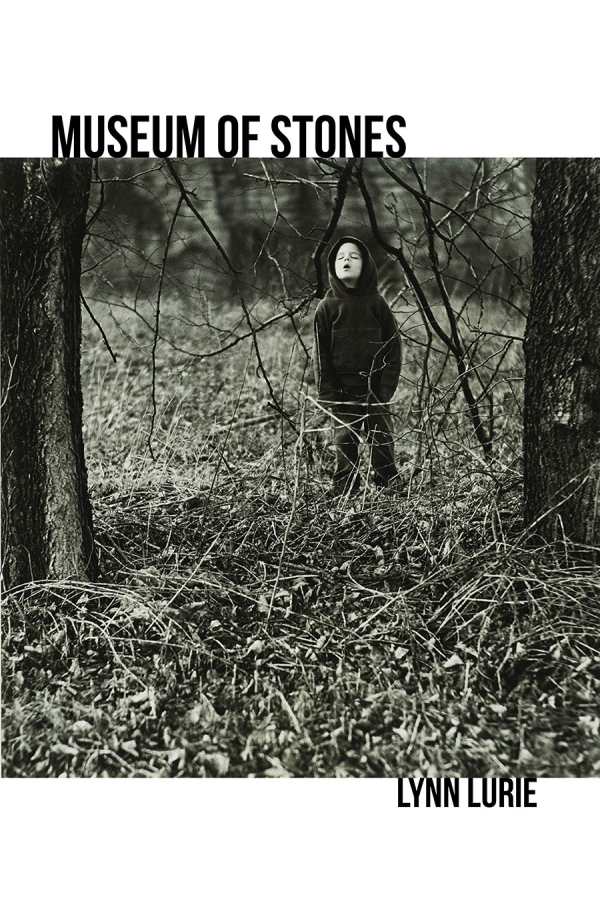Museum of Stones
In Lynn Lurie’s Museum of Stones, a woman experiences parenting as a cross between profound love and constant, only sometimes low-grade terror. Swinging between the past and the present, the novel moves from the mother’s rough birth of her son to her time with him in Peru when he is an adult. This work crosses genre boundaries, employing the lyricism of poetry with the character development of a novel.
Told in short paragraphs that are almost like prose poems, the book begins with the mother looking at her newborn: “I see his face suctioned beneath transparent wrap, like meat.” Fear permeates the text: fear that the baby will die, that the boy he becomes will never be accepted, that the mother will not be able to handle the many and varied demands of raising a child with atypical needs. The mother exists almost solely as a mother, whether her son is a boy or a man. Over and over, love and duty nearly subsume her identity and self-worth. She judges herself on the wellness of her child, both physical and mental.
Like poetry, this book requires close reading. It rarely uses linear time; instead, the stages of the boy’s life give insight into the setting and periods. The structure reinforces the way a parent’s sense of failure and fear can coexist across memory, present time, and future, anticipated missteps. Lurie resists transitions, relying instead on white space to signify shifts in the story. It is a tense book, full of punishing details of guilt and the honesty of a parent who sometimes wants to run away from the burden she asked for.
Without a name, the mother labors for her son, protecting him from bullies, guarding his papers and inventions, and touching him only with rubber gloves. Lurie articulates clearly and painfully the overwhelming burden of such love. Somewhere between prose poetry and fiction, this book asks much of the reader, but it rewards in its complexity.
Reviewed by
Camille-Yvette Welsch
Disclosure: This article is not an endorsement, but a review. The publisher of this book provided free copies of the book to have their book reviewed by a professional reviewer. No fee was paid by the publisher for this review. Foreword Reviews only recommends books that we love. Foreword Magazine, Inc. is disclosing this in accordance with the Federal Trade Commission’s 16 CFR, Part 255.

